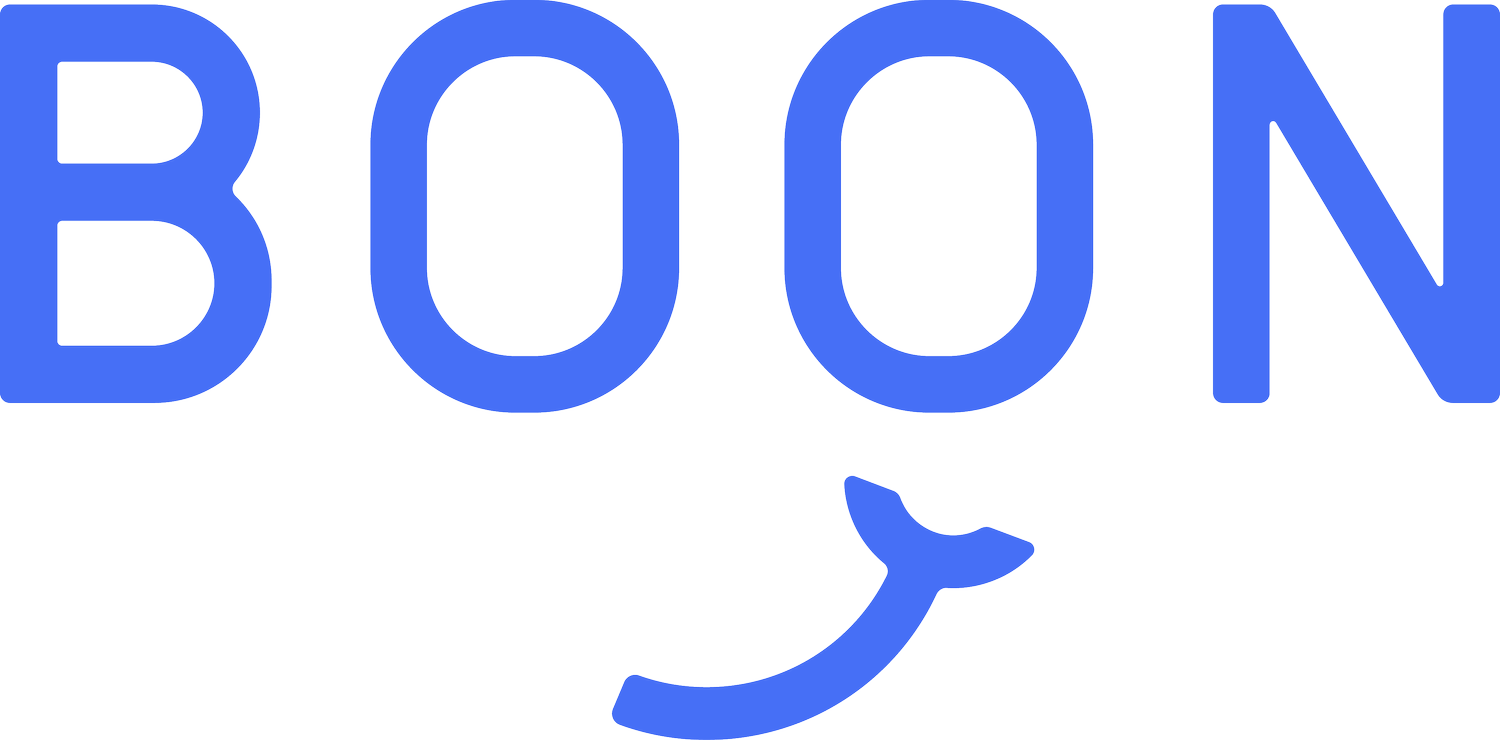How do you Define Personal Boundaries?
Anne Sayles, Boon Coach
In today’s age of constantly being connected, it can be impossible to feel like you really are unplugging from work. How do we define these personal boundaries and keep them active?
Personal boundaries are limits we set with other people and how they behave toward us. They are the definition of what is acceptable and unacceptable behavior we will tolerate from others.
How do we apply this in today’s work world of remote working and the blurring of lines between the work-life and life-life? Did you roll out of bed, brush your teeth, and hop on a Zoom call first thing in the morning? Are you still wearing your slippers under your desk? Did the day roll over you when you realize it’s 6 o’clock and you never ate lunch?
Many of my clients are looking to make sure they are seen as a key contributor. Sometimes this leads to working extra-long hours, taking on additional responsibilities, or even just struggling with saying no. Staying on this path will lead most people to stress, or at the worst anxiety or depression. Learning how to set boundaries may be difficult at first, but being clear on expectations you have from your peers and leadership will set you up for success further into your career.
So how do you get started?
Take some time and reflect on what boundaries you have existing in your life today. What personal boundaries do you have in place today? These will reflect the values that are most important to you. What is your gut telling you? Pay attention to the feelings that have come up for you in consideration of boundaries. What are those feelings, what are they trying to tell you at this moment?
Do you feel some hesitation when it comes to setting more clear boundaries? Perhaps you need to give yourself permission to have them, for my personal well-being I am setting these boundaries because of x.
Consider what is happening around you, at work and at home. What could be some environmental contributors? Are you getting enough sleep, do you miss the commute that was the transition to and from work? How does your workspace feel to you, is it messy and uninviting?
Communicate your boundaries.
Having boundaries and keeping them secret doesn’t do much at all. Make sure you communicate your new boundaries to your team, this can be as simple as letting them know that you will not answer emails after a certain time.
This is a great opportunity to define what is an actual work emergency, make sure the entire team is clear what is a crisis and what isn’t. When you take steps to be upfront with your communication you can avoid potential miscommunications in the future.
Create structure in your workplace.
When you have a clear work structure in place it takes the guesswork away from boundary infractions. If you are blocked out on your calendar for focused work, your coworkers are less likely to disrupt you.
Make sure that people are clear on roles and responsibilities. With this in place, there will be less confusion as to who to contact for questions. People feel more secure with clear expectations.
Delegate work when it makes sense.
Establishing boundaries means setting expectations about what you do day to day in your role, the tasks that you were hired for, the work you are willing to take in addition to normal tasks, and the work that is outside your purview.
Managers have an easier time delegating to the team that reports to them, of course. So, what do you do when you are not in a managerial position?
Take a clear look at the task and ask yourself if the work is better completed by someone else. Does the additional task take you away from the main duties in your role? Is there someone who is better suited for the task?
Perhaps there is a team member that has a lighter workload that could take it?
Just say no.
I know it sounds easy, but most people struggle with this in a professional setting. Having established boundaries keep you from even having to delegate a task.
Former hostage negotiator Christopher Voss has explained a great tactic when someone asks you for something out of the realm of possibilities. When you need to decline a project or a task, Voss suggests asking, “How am I supposed to do that?”
The approach is key, asking in a way that raises empathy in the asker rather than in an accusatory way. It’s explaining the scope of work that you already have and exploring if the additional work will make your primary tasks suffer.
Take your earned time off.
Having hundreds of hours in the vacation bank isn’t something to be proud of! Make sure you are taking time; your mind and body need it. How do you come to work with a bucket that isn’t full? If you want to be your best make sure you are taking care of yourself.
Be prepared that boundaries will be broken.
Setting clear boundaries isn’t like putting up a fence, they don’t magically appear overnight. Find a way to use interruptions as opportunities for learning. When someone has crossed your boundary, let them know what actions are in line with your boundary how best to communicate with you. This sets up the working relationship up for success for both parties.——————————————————————————————————————————————————

